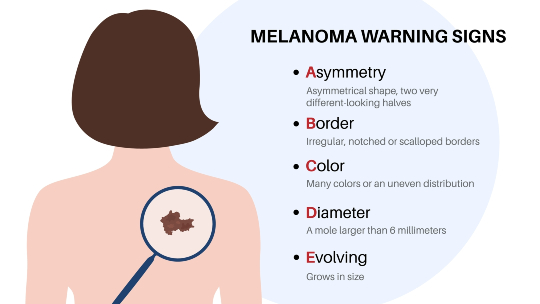National Nutrition Month is a nutrition education and information campaign created annually in March by the Academy of Nutrition and Dietetics. The annual March campaign focuses attention on the importance of making informed food choices and developing sound eating and physical activity habits.
The 2015 - 2020 Dietary Guidelines for Americans recommend limiting the amounts of added sugar, sodium and saturated fats that you eat. The guidelines state that the majority of Americans follow a diet that is too high in these components. Today, about half of all American adults have one or more chronic diseases, often related to poor diet. The 2015 - 2020 Dietary Guidelines for Americans emphasizes the importance of creating a healthy eating pattern to maintain health and reduce the risk of disease. Everything we eat and drink, the food and beverage choices we make day to day and over our lifetime, matters.
Sugar
The 2015 - 2020 Dietary Guidelines recommend consuming less than 10 percent of your calories per day from added sugars. That’s about 10-12 teaspoons of sugar per day. Choose foods and beverages with no added sugar whenever possible. Best way to choose foods is to read food labels and avoid buying those with added sugars like high fructose corn syrup, honey, agave, cane syrup, invert sugar or sucrose. To give you an idea of how much sugar you don’t even realize you are drinking in beverages, a grande nonfat white chocolate mocha frappuccino no whip has 65 grams or about 16 ½ tsps of sugar!
Sodium
The 2015-2020 Dietary Guidelines recommend consuming fewer than 2,300 milligrams of sodium per day. Sodium is found in so many foods, most from salts added during commercial food processing and preparation. By using the Nutrition Facts label to compare sodium content of foods you can choose products with less sodium. Try new flavors! Skip the salt and try salt-free seasonings such as herbs, spices, garlic, vinegar, black pepper or lemon juice.
Saturated Fats
The 2015 - 2020 Dietary Guidelines recommend reducing saturated fat intake to less than 10 percent of calories per day. It's important to understand the different types of fats, and reduce your intake of saturated fats by replacing them with unsaturated fats. Saturated fat is found in foods such as meats, whole milk, cream, butter and cheese. Unsaturated fat, which includes polyunsaturated and monounsaturated fat, is found in foods like oils, fatty fish, nuts and seeds. Drink fat-free or low-fat milk instead of whole milk, and eat low-fat cheese instead of regular cheese, oils instead of butter and lean rather than fatty cuts of meat. While high in cholesterol, eggs and shellfish are low in saturated fat. In itself, cholesterol in food doesn’t appear to raise blood cholesterol levels, however saturated and trans fats do, which is bad for heart health.
The Academy's website includes helpful articles, recipes, videos and educational resources to spread the message of good nutrition and an overall healthy lifestyle for people of all ages, genders and backgrounds. Consumers are also encouraged to follow National Nutrition Month on the Academy's social media channels including Facebook and Twitter using the #NationalNutritionMonth hashtag.
Happy Nutrition Month from HMSA!
Born in Hawaii, Sherrie worked in Hawaii and San Francisco as a renal dietitian. Hobbies include training for and running marathons. She received CDE in 2012 and since joining HMSA involved mostly in diabetes self management education (DSME).




